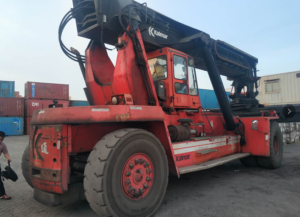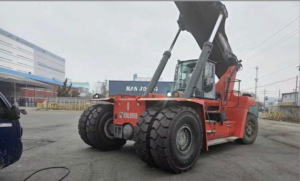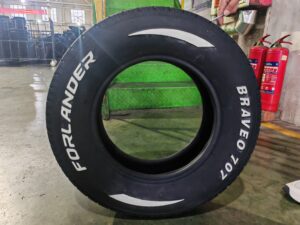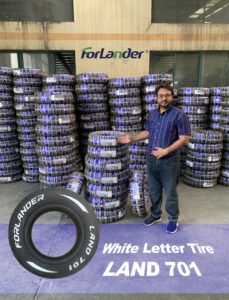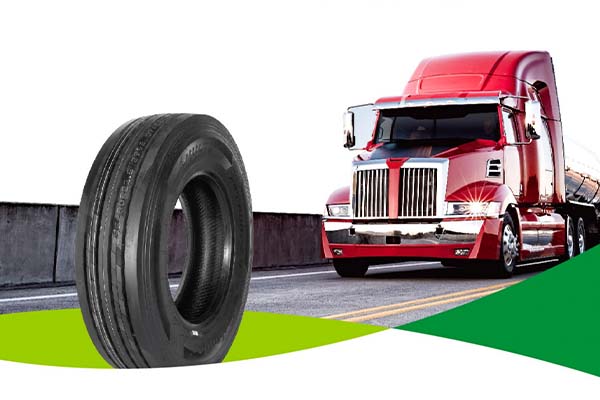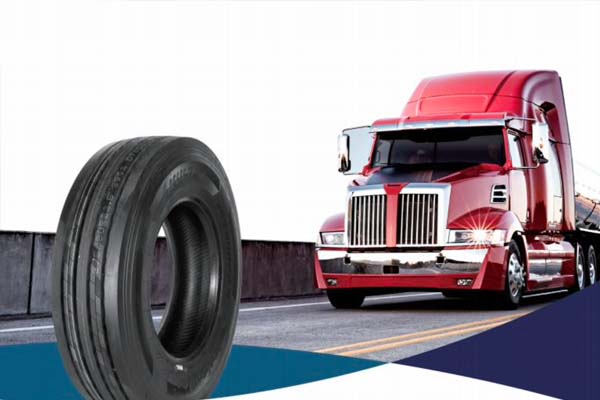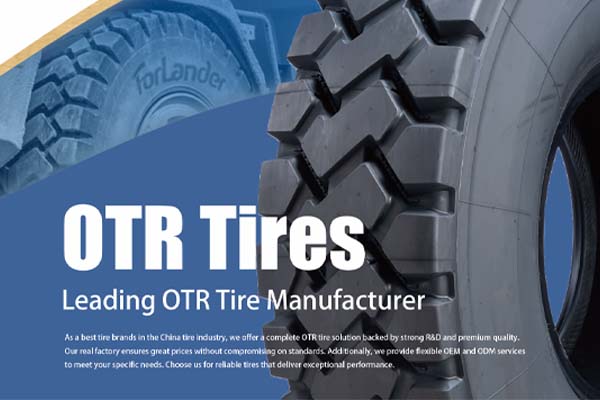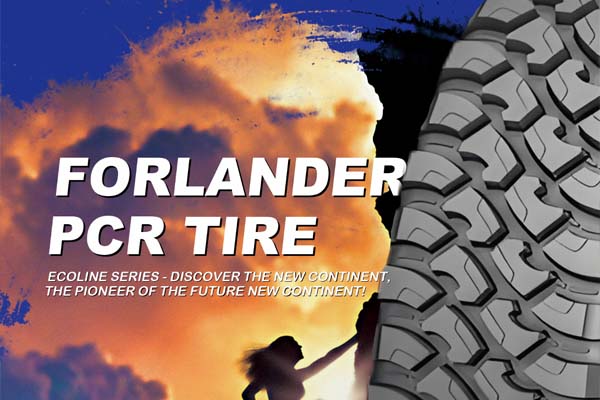Tires are key components of your vehicle and tyre lifespan is crucial to ensuring driving safety. Proper tire care can help extend tire life, improve fuel efficiency and prevent accidents. This article will explore 10 key factors that affect tire lifespan and provide some practical tips to help you get the most out of your tires.
I. Tire selection and tyre installation

Whether the tires are installed correctly or not is directly related to the service life of the tires, especially when replacing new tires. For example, the service life of four tires using the same model will definitely be different from that of four different tires. Of course, you must also pay attention to the classification of the tires when installing them. For example, the asymmetric tire Forlander Landway 03 All Season Ultra High Performance Car Tire needs to distinguish the inside and outside. Installing it wrong will directly affect the tyre lifespan.
II. Pay attention to tire pressure
Too low or too high tire pressure will affect the service life of the tire. Too high pressure will cause excessive wear in the middle of the tire. If the tire pressure is too low, its radial deformation will increase, the sides of the sidewall will deform excessively, causing wear on the shoulders of the crown, increasing the temperature of the tire, and seriously reducing the car tyre life.
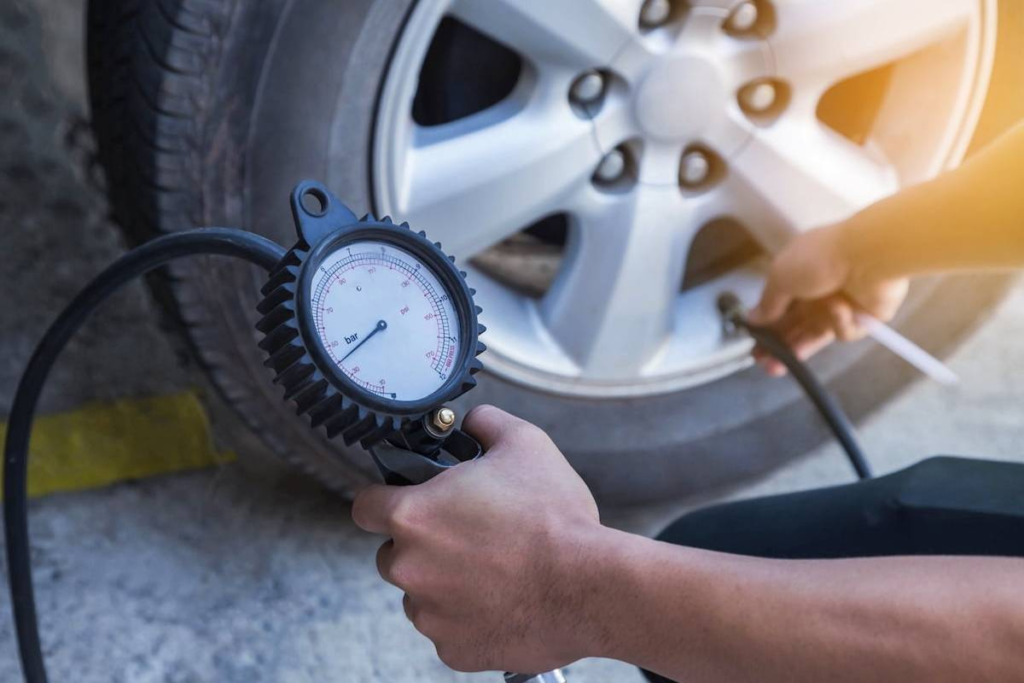
III. Tire load
The greater the vehicle load, the shorter the tire life is, which is beyond doubt, especially in the case of overloading. Tires produced by regular tire manufacturers will be marked with load indexes. For example, the Forlander White Letter Tire LAND 702 195/70R14 in the figure below has a load index of 91, which means that the maximum load of this tire is 615 kg.
Tires should be used within the maximum load range corresponding to the specified load index.
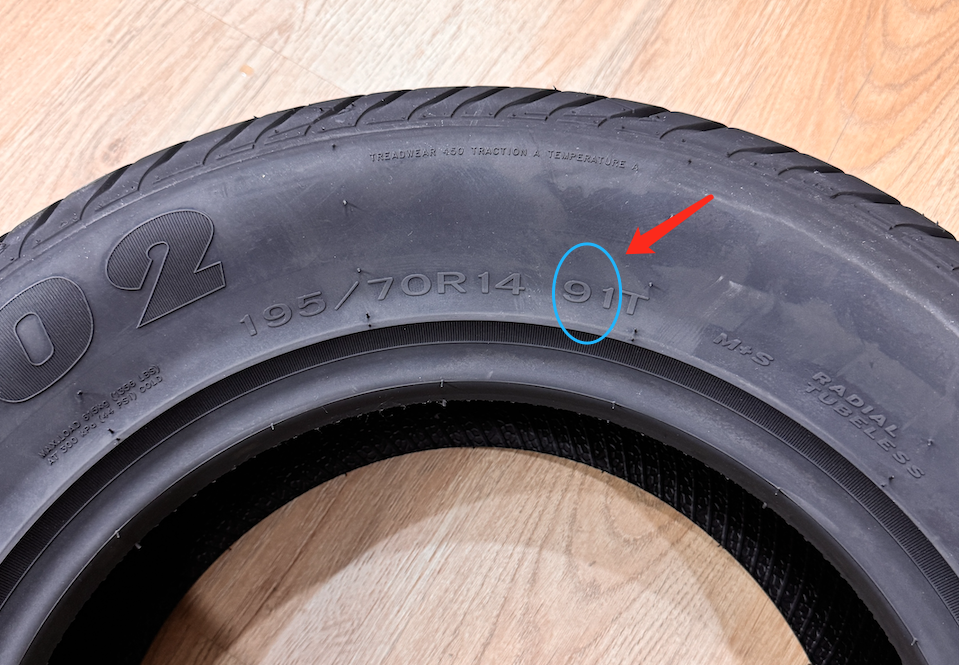
IV. Tread depth
Tread depth is a critical factor in tire life. Worn tread leads to reduced traction, increased risk of tire failure, and reduced safety. Check tread depth regularly and replace tires if the tread depth is less than 2/32 of an inch.
V. Driving habits
Your driving habits are crucial to the tyre lifespan. Aggressive driving behaviors such as speeding, hard acceleration, and sudden braking will increase tire wear. Drive smoothly and avoid sharp turns to extend the life of your tires.
VI. Tire rotation
Regular tire rotation is essential to ensure even tread wear and extend the life of your tires. Most manufacturers recommend rotating your tires every 5,000 to 8,000 miles (about 8,000 to 12,000 kilometers). Not rotating your tires can lead to uneven wear, reduced traction, and an increased risk of tire failure.

VII. Road conditions
Road conditions can significantly affect the lifespan of your tires. Potholes, curbs, and other road hazards can cause tire damage, blowouts, and uneven wear. Avoid poorly maintained roads and slow down on rough roads to minimize the risk of tire damage.
VIII. Tire Maintenance Routine
Regular maintenance is essential to the longevity of your tires. Check your tires regularly for signs of wear, damage or punctures. Rotate your tires, check tire pressure and perform a wheel alignment regularly to ensure the longevity of your tires.
IX. Best Quality Tyres
The quality of your tires is critical to the life of your tires. High-quality tires are designed to last longer, provide better grip, and increase fuel efficiency. Invest in high-quality tires that match your vehicle’s specifications. Forlander offers best quality tyres & long lasting tyre suitable for various vehicle types, with multiple sizes available for your selection. You can also consult our tire experts for personalized assistance in choosing the right tires for your needs.
X. Storage conditions
If you plan to store your vehicle for an extended period, make sure the tires are properly stored. Store your vehicle in a cool, dry place away from direct sunlight, ozone, and extreme temperatures.

Conclusion
The tyre lifespan is influenced by various factors, including driving habits, road conditions, and tire maintenance practices. Generally, factory-installed tires can last around 4 to 6 years under normal usage, or until they reach a mileage of 80,000 to 100,000 kilometers. However, if your tires have been in use for more than 6 years, it is generally advisable to replace them, even if they appear visually intact.
As rubber products, tires naturally degrade over time, losing elasticity and developing cracks, which can significantly compromise driving safety. Prioritizing tire health is essential for ensuring a safe and reliable driving experience.




